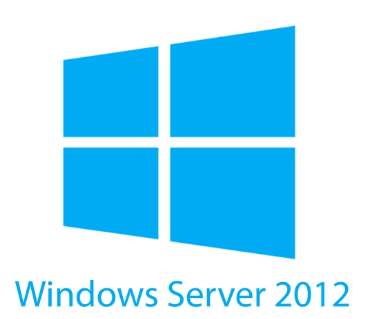Cybersecurity threats are on the rise, with hackers and cybercriminals targeting businesses of all sizes. As a result, cyber insurance has become an increasingly important consideration for companies looking to protect themselves financially in the event of a cyber attack. Insurance companies are now requiring certain cybersecurity controls be put in place in order to qualify for coverage. In this post, we’ll look at some of the key cybersecurity controls and best practices insurance companies are mandating as part of cyber insurance policies.
Cybersecurity Training:
One of the top requirements insurance companies have is around employee cybersecurity training. They want to see that a company has an established training program educating employees on cyber risks, how to identify potential phishing emails or suspicious links, and what to do if they suspect a cyber attack has occurred. Training helps build a culture of cyber awareness and ensures employees have the knowledge to be the first line of defense against cyber threats.
Multi-Factor Authentication:
Insurance companies require the use of multi-factor authentication (MFA) as an account security control. MFA adds an extra layer of identity verification, requiring not just a password but an additional credential like a one-time code sent to a mobile device. Enabling MFA provides far greater protection against phishing attacks, credential stuffing, and other compromise tactics.
Endpoint Security:
Insurers will also mandate having advanced endpoint security controls in place, such as antivirus, anti-malware, firewalls, and intrusion detection. Endpoint security protects network access points like computers, servers, and mobile devices. Insurance companies want to see solutions that can automatically detect and remove threats from endpoints.
Regular Vulnerability Scans:
Regular vulnerability scans that identify weaknesses and misconfigurations in a company's IT infrastructure are often required as well. Scans pinpoint areas cyber criminals could exploit and allow companies to proactively address them. Insurance carriers may require scans be run quarterly or even monthly.
Incident Response Planning:
Finally, having an incident response plan in place for rapidly detecting and responding to a cyber attack is key. This includes having a computer security incident response team ready to isolate infected systems, coordinate restored, conduct forensic analysis, and enact data recovery efforts. Insurance companies want to be sure their clients are ready to take action in the event of a real cyber emergency.
Conclusion:
Cyber insurance can provide an added layer of financial protection in the constantly evolving cyber threat landscape. By requiring clients put key controls like staff training, MFA, endpoint security, vulnerability scans, and incident response plans in place, insurance companies are driving improved security postures across organizations of all sizes. Taking the steps to meet common cyber insurance requirements builds more resilient organizations and helps minimize risks.
Want to learn more about how AIS can help? Send us an email at info@aislabs.com.
Proxmox Virtual Environment (Proxmox VE) is an open-source server virtualization platform that allows you to run virtual machines and containers. It provides a web-based management interface that makes it easy to manage VMs and containers. However, finding an IT managed service provider (MSP) with expertise in Proxmox can be challenging, as this skillset is quite rare. This is where partnering with AIS can help.
The Scarcity of Proxmox Expertise
Very few MSPs have trained technicians experienced with virtualization platforms like Proxmox. Proxmox knowledge is highly specialized and hard to come by. There simply aren't a lot of companies out there that have the expertise to properly configure, secure, optimize, backup and upgrade a Proxmox environment.
Why AIS Stands Out
AIS is one of the few MSPs that has made the investment in developing Proxmox expertise. Their team has the rare skills to:
Set up and maintain a stable Proxmox infrastructure
Monitor your Proxmox hosts 24/7 and troubleshoot issues
Perform maintenance, updates and configuration changes
Implement reliable backup and recovery procedures
Scale your Proxmox cluster as needed
Secure your virtual machines and containers
Optimize Proxmox performance and efficiency
With Proxmox skills being so scarce, most businesses struggle to keep their Proxmox environments running well. By partnering with AIS, you gain access to some of the top Proxmox experts in the MSP industry.
Free Up Your In-House Team
Leveraging AIS's rare Proxmox expertise allows your in-house IT team to focus less on day-to-day Proxmox administration. They can devote more time to strategic initiatives and innovation that drive business growth. With AIS's support, you can be confident your Proxmox environment is stable, compliant, and meeting your virtualization needs.

